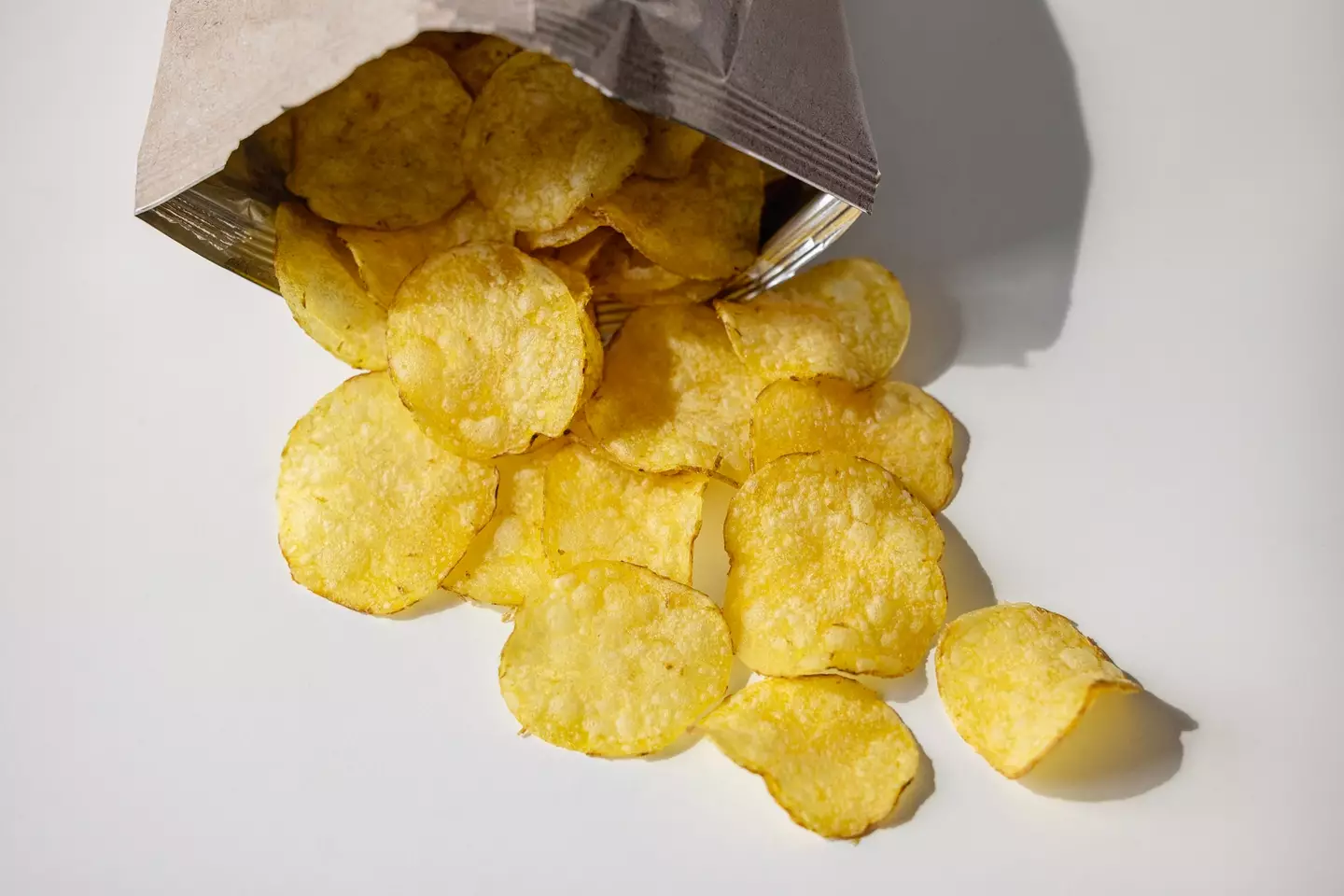Several signs may indicate ADHD, although the ADHD UK website emphasizes that these signs depend on the individual’s age, the duration of symptoms, and whether they are suitable for the person’s developmental stage.
Signs of inattention can include making careless mistakes, not listening when spoken to, not following instructions, and difficulty organizing tasks.
Behaviors such as fidgeting, talking excessively, and difficulty waiting for their turn may demonstrate these symptoms.

The Journal of Attention Disorders published a paper examining the relationship between eating habits and ADHD, with Laura Dalnoki and her team investigating this link among Dutch youth aged 16 to 20.
The researchers utilized data from a 2000-2002 study focused on pregnancy-related pelvic girdle pain, gathering information from the children of the initial study’s participants, resulting in 810 adolescent-parent pairs.
The adolescents took part in a dietary assessment that involved 28 different food and drink items, evaluating the frequency of their consumption.
Participants also indicated whether they had received an ADHD diagnosis.
Meanwhile, parents provided information about their children’s behavioral issues and impulsivity.

After analyzing the data, researchers classified participants’ eating habits into five categories:
A total of 80 participants had an ADHD diagnosis, and this group frequently consumed items from the ‘snacks’ category more than those without ADHD.
The study noted that participants with higher ADHD symptom severity, as reported by parents, consumed foods and drinks from the snack category more often. Those with higher impulsivity scores tended to eat sweet items less but consumed beverages more frequently.
In conclusion, researchers determined that impulsivity, ‘rather than ADHD itself’, had the most significant correlation with dietary habits, notably increasing snack consumption. Since impulsivity is a symptom of ADHD, it establishes a link to the disorder.
The authors pointed out that more research is necessary to fully comprehend this connection, stating: “Targeting adolescents’ impulsive behavior could notably influence their dietary choices, potentially offering substantial health benefits.”
